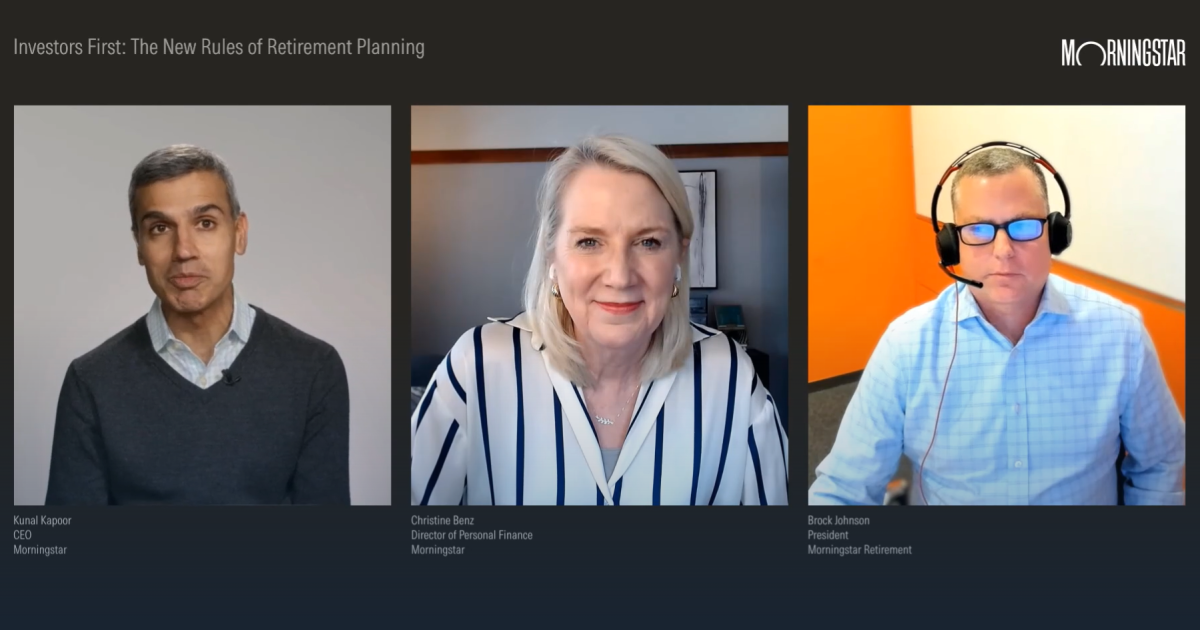A major overhaul of Brazil’s tax system has global firms racing to adopt smarter compliance tools.
Highlights
Technology like ONESOURCE Determination is essential for compliance and managing new tax complexities.
Tools from KPMG and Thomson Reuters help companies forecast reform impacts and strategize with data-driven insights.
Brazil’s sweeping tax reform is approaching, with a transition period set from 2026 to 2032. Corporate tax professionals at multinational companies should address the complexity and scale of these changes immediately, collaborate across functions, and implement the right technology solutions.
Thomson Reuters and KPMG specialists recently participated in a roundtable to share leading practices aimed at helping organizations prepare for these upcoming changes.
Jump to ↓
Navigating a complex transition
The conversation highlighted the main challenge of the upcoming transition. Companies need to adapt to a new tax system that introduces rate changes, calculation methods, and invoice layouts. They should prepare to meet evolving requirements that will impact not only the tax department but also information technology, finance, and operational teams.
Comparing calculation methods between the new and existing tax systems will be challenging, as both will coexist and tax the same transactions. This will require close coordination among the various impacted areas to ensure timely adequation of tax solutions. With so many moving parts, companies will need to break down silos and engage stakeholders early to drive successful implementation.
Most participants in the discussion admitted they were not ready for the changes or were only somewhat ready and still working on their action plans. In fact, 93 percent identified systems and data as their biggest challenges in preparing for the reform. These findings underscore the urgent need for organizations to adopt robust technology solutions and develop strategic plans to bridge these gaps.
Impact of the Brazil tax reform
The tax reform will significantly affect corporate operations, with most companies anticipating a medium to high impact.
While the reform aims to simplify the tax system and reduce ancillary obligations, companies may experience:
Increased workloads
Higher costs for training
Increased system adaptation expenses
Potential for a higher tax burden
To meet these new challenges head-on, companies are investing in:
Talent training
External consultancy
Tax management systems
They expect to make large investments within the first six months to two years after the reform takes effect.
“Without the proper technology, it seems that the challenges of the tax reform will become unmanageable very fast.”
Senior Manager, Indirect Tax Technology at KPMG
Technology: The cornerstone of compliance
The roundtable participants agreed that enterprises should rely on technology and data-driven solutions to achieve compliance and operational readiness. With new tax calculation methods and reporting requirements, manual processes no longer suffice. Technology needs to keep pace with regulatory changes and provide actionable insights for business leaders.
Thomson Reuters has delivered product and content enhancements to the ONESOURCE Determination solution to help companies comply with the new Brazil tax reform requirements. Additionally, the enhancements enable organizations to manage different tax rates, support the new inclusive calculation method, and adapt to revised invoice layouts, all within one automated platform.
ONESOURCE Determination will also integrate seamlessly with leading enterprise resource planning systems (ERPs), ensuring your business remains audit-ready and fully compliant as the reform rolls out.
Forecasting the impact with the KPMG tax reform simulator
Successful tax reform preparation goes beyond compliance and focuses on building a solid strategy. The new tax system will redistribute the tax burden among business units, geographies, and product lines.
To help companies anticipate these changes, KPMG has developed a powerful tax reform simulator that:
Integrates with Thomson Reuters technology
Uses the KPMG Indirect Tax Toolkit and ONESOURCE Determination platform
Models the impact of the new tax system at the transactional level
The KPMG tax reform simulator uses your company’s historical transactional data, extracted from indirect tax returns. It creates simulations tailored to your unique business profile, regardless of operational complexity or seasonality.
As a result, you gain:
Actionable, scenario-based insights that help you plan pricing changes
Support for negotiating with stakeholders
Guidance for shaping business strategy
Interactive dashboards that help visualize potential outcomes and support data-driven decisions during the reform process
Professional support for successful implementation
These solutions stand out because they combine Thomson Reuters advanced technology with the implementation experience of KPMG. As a leading participant in the ONESOURCE Certified Implementer Program, KPMG supports organizations in deploying and integrating ONESOURCE tax technologies.
With this support, organizations can automate key tax processes, enhance operational efficiency, and maintain full compliance throughout Brazil’s tax reform.
Tax professionals can use these resources to anticipate regulatory changes, streamline their operations, and make informed decisions with confidence.
Take the next step
Don’t wait—act now to prepare for Brazil’s tax reform:
Explore ONESOURCE Determination and see how it can future-proof your tax compliance.
See how Brazil’s tax reform will impact your business—explore the KPMG simulator and book your free demo today.
KPMG Brazil tax reform simulator
Complete the form to schedule your free demo today.
Learn more ↗
Disclaimer
Some or all of the services described herin may not be permissible for KPMG audit clients and their affiliates or related entities. The KPMG name and logo are registered trademarks or trademarks of KPMG International.


























